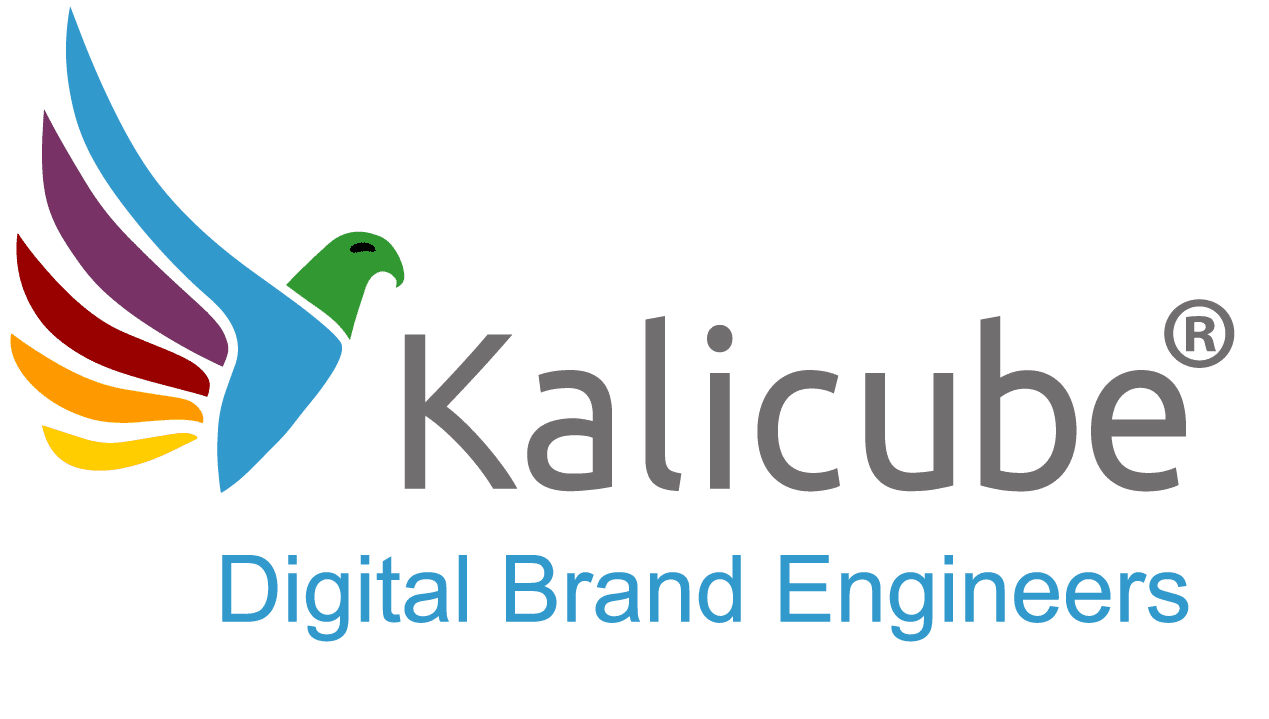Pseudo-Wikis on Google: Everything You Need To Know

What does ‘Pseudo-Wiki’ mean?
A Pseudo-Wiki on Google is an online encyclopedia or directory miming trusted wiki sources, such as Wikipedia, DBpedia, and Wikidata. Pseudo-wikis on Google replicate the format and the content of these verified wiki sources to establish a reputation as a reliable source of information. Google uses trusted Wiki sources to verify and corroborate information published online. Members of the public use Pseudo-wikis to publish articles to boost visibility online - using Pseudo-Wikis as a shortcut to create a Knowledge Panel.
Pseudo-wiki sites ask for payment to create or update an article or build ads on the site. Google flags these pseudo-wikis as spam sources and deletes Knowledge Panels verified through the Pseudo-wiki sources.
How does Pseudo-Wikis differ from traditional wikis?
Pseudo-wikis differ from traditional wikis in several ways.
- Authenticity: Traditional wikis, like Wikipedia, DBpedia, and Wikidata are well-maintained, policed, and considered authentic and reliable. In contrast, Pseudo-wikis are platforms that imitate wiki styles or use content for commercial gain.
- Credibility: Traditional wikis gain trust from users through a communal editing process that strives for objectivity and verifiability. Pseudo-wikis do not follow this standard, sometimes allowing for unverified content.
- Commercial Element: Pseudo-Wikis operate for commercial gain. Pseudo-wikis require payment to create or update articles or place ads on pages. Traditional wikis are non-profit and ad-free.
- Google’s Perception: Pseudo-wikis are not trusted sources and where the Pseudo-wiki violates Google’s spam guidelines, the site is penalized.
- Accessibility: Traditional wikis allow global open editing, whereas Pseudo-wikis limit their accessibility or editing capabilities.
What is Google’s perception of Pseudo-Wikis?
Google’s perception of Pseudo-wikis sites is evaluated using its commitment to providing reliable, trustworthy information to its users.
Google does not consider all Pseudo-wikis sites as spam sites. Pseudo-wikis that primarily intend to manipulate algorithms for commercial purposes are likely to be tagged as Pseudo-wikis by Google. Google has penalties for spam sites, including manual penalties and removal from the search index.
Kalicube Pro flags and does not use Pseudo-wikis to build and manage brands for its clients.
Impacts of Pseudo-Wikis on SEO
The impact of Pseudo-wikis on search engine optimization is negative in the long term.
Pseudo-wikis function as additional online touchpoints, increasing the visibility of an individual or company on the internet. By mimicking the style and content of trusted wiki platforms, Pseudo-wikis take advantage of the algorithmic favorability associated with these formats and make money by delivering expedited SEO outcomes for users.
When Google decides a Pseudo-wiki site is a spam source, because they discern commercial motives behind them, such as asking for payment for creating or updating an article or including ads they receive a penalty.
The rise of Pseudo-wikis means Google fact-checks across multiple trusted sources rather than solely relying on Wikipedia or other traditional wiki platforms. Google’s evolving approach emphasizes the importance of a broad online presence across trustworthy and relevant media.
Potential red flags and common tactics of Pseudo-Wikis
Pseudo-Wikis employ several common tactics and give off certain red flags that can help in their identification.
- Commercial Intent: Pseudo-wikis operate on a commercial basis, requiring payment for articles or ads on their pages. Traditional wikis are typically non-profit.
- Content Quality: Pseudo-wikis mimic the content of trusted wikis, or they allow unverified or AI-generated content. The quality of their content lags behind traditional wikis with rigorous editing and policing processes.
- Control Over Content: These sites do not offer open editing capabilities to their community, which is a crucial feature of traditional wikis. Editing is restricted or manipulated for monetary gain.
- Aggressive SEO Tactics: Some Pseudo-wikis employ aggressive SEO tactics that may contravene Google’s guidelines, such as keyword stuffing or content spin.
- Unreliable Sources: Many Pseudo-Wikis rely upon unverified or less credible sources for their information, whereas traditional wikis utilize reliable and often cited sources to maintain credibility.
Pseudo-Wikis can negatively impact your SEO efforts and are viewed skeptically by Google because they exist to manipulate search algorithms rather than to provide useful, reliable information to search engine users. It’s crucial to distinguish and avoid engaging with them.
The value of reliable and authentic information
Reliable and authentic information is invaluable in a world where misinformation is commonplace.
Authentic information is a cornerstone of knowledge, fostering informed decisions and the creation of valuable insights. It establishes trust, a vital asset in personal and professional relationships, or between a business and its customers.
For brands, reliable information improves transparency and credibility, influencing customer loyalty and positive reputations. It’s also crucial for SEO strategies, as Google’s algorithms prioritize experienced, trustworthy, expert, and authoritative content. This not only improves search rankings but enhances user experience, a critical factor in visitor retention and conversation rates.
Consequences of using Pseudo-Wikis as primary information sources
The consequences of using Pseudo-Wikis as primary information sources are listed below.
Inaccurate Information: Pseudo-wikis emulate content from authentic wikis but require more rigorous editing or fact-checking.
Damaged Reputation: Used as a primary information source, Pseudo-wikis lead to the distribution of inaccurate information, resulting in potential damage to reputation.
Financial Risk: Pseudo-wikis operate in a ‘pay-to-play’ manner, asking for a fee to create or edit an article. Dependence on such platforms could lead to unnecessary financial expenses.
SEO Penalties: Google can penalize these sites under its Spam Policies and penalize sites linked to these sources, affecting SEO ranking negatively.
Reduced Trust: Because of their spam-like characteristics and potential distribution of incorrect information, Pseudo-wikis as primary sources reduce trust among users and potential customers.
Using and recommending authentic, respected, and validated sources for sharing and gathering information is always preferable. A brand is in control of its reputation, rather than leaving it in the hands of a third party.
Kalicube’s expertise and its role in maintaining the credibility of information on the internet
Kalicube is an expert in managing and optimizing a brand’s online presence, particularly in the context of Google’s Search and Knowledge Algorithms. It plays a crucial role in enhancing the credibility of online information in several ways.
- Brand Knowledge Management: Kalicube helps establish and manage a brand’s Knowledge Panel – a critical output of Google’s Knowledge Graph. This aids in accurately representing the brand’s information on Google.
- Correcting Inaccurate Information: The Kalicube Process™ ensures the recommendations Google makes about a person or business are accurate. Kalicube is able to correct misrepresentations or inaccuracies about a brand present online, thus maintaining the integrity of information on the internet.
- Building E-E-A-T Signals: Entity (author/publisher/content) signals of Experience, Expertise, Authority, and Trustworthiness are essential for Google’s algorithms. Kalicube assists organizations in building these signals effectively.
- Future-Proof Digital Marketing: Kalicube also prepares businesses for the future of search, ensuring their brand remains prominent and accurately represented in the emerging AI-driven landscape.
Kalicube’s expertise provides businesses with the strategies and tools to manage how their brand is presented online, creating a trusted and confident digital presence.






